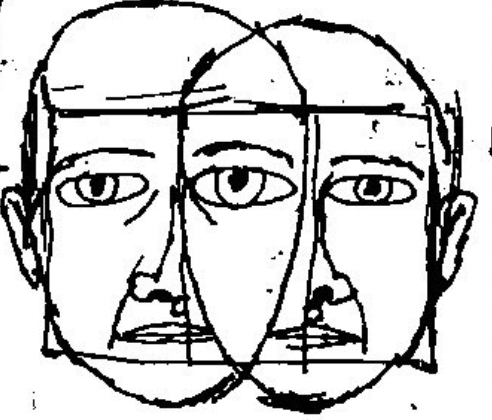For most of the last decade, the national government—along with the corporations, universities, and schools it underwrites—has advanced policies that explicitly shape the way people think about major parts of their identity: race, gender, sexuality, trauma, anxiety. How effective these policies are isn’t clear, but to those concerned by the shift, they seem endless and self-reinforcing. Projects that started with addressing the emotional toll of racism now extend to climate anxiety; trans acceptance has given rise to a medical industry providing sex changes to minors; scholars’ concerns over isolation have become a government program to “solve” loneliness. And the justifications for these shifts don’t come from a single ideological place: Some of them insist on equality; others invoke self-expression; still others are promoted in the name of suicide prevention. Each issue has its individual causes and controversies—but cumulatively, they have had a similar function: to give first corporations, then schools, and most recently, the national government more authority over our minds, and to put aside questions of who has power in favor of how people feel.
An early advocate of these efforts was David Riesman, the eminent 20th-century sociologist and author of The Lonely Crowd, the best-seller first published in 1950. Riesman argued that the government-and-corporate-underwritten interstate-and-suburb system of postwar America—our “consumers’ republic”—had uprooted Americans from local, religious, and associational ties, making us “other-directed”: more apt to follow the impulses of a “lonely crowd” shaped by market consultants, rather than the churches and moral societies of the past. In Riesman’s view, this fraying of communal bonds came with an ever-expanding psychic gain that more than compensated: People got more freedom for self-expression of all kinds, since the market also allowed them to be consumers of kaleidoscopic goods and experiences.
“Corporate psychology was a concentrated version of the liberation process.”
Riesman was a genuine enthusiast for the shift, going so far as to suggest that corporations’ new technique of market research could free children from “ethnic and class and peer-group limitations,” helping them discover what “liberated fantasy” they might want to express when they bought things. He also suggested that the salesman could increasingly resemble a “play therapist,” to “try to encourage noncash ‘customers’ to become more free and imaginative.” Corporate psychology was a concentrated version of the liberation process, through programs like calling in women factory workers to talk about their experiences on the job—not to improve their bargaining power or working conditions, mind you, but to encourage them to be more self-aware and expressive about their desires. A skeptic might call these psychological projects distractions. But Riesman theorized them as parts of a broader liberatory project.
